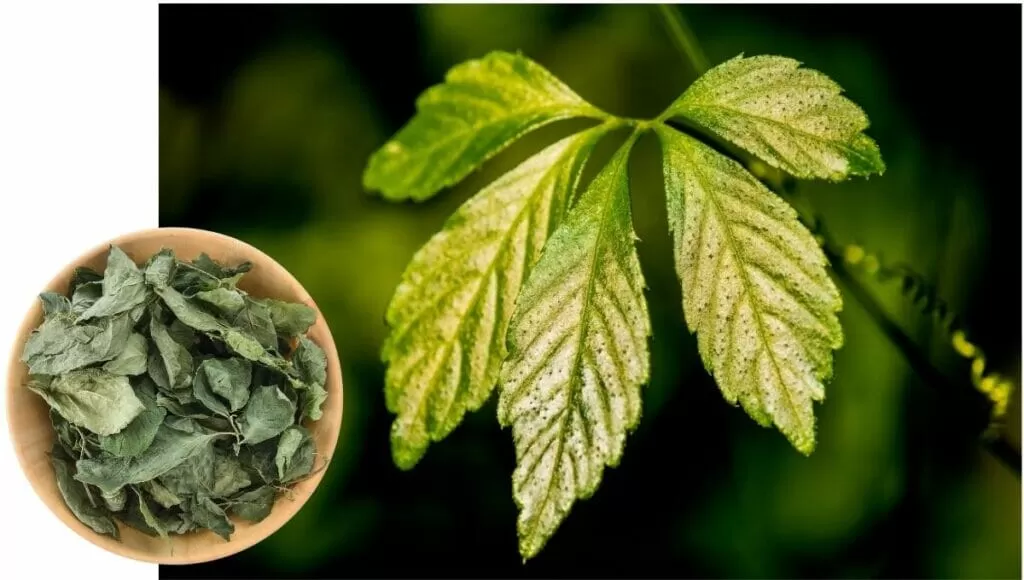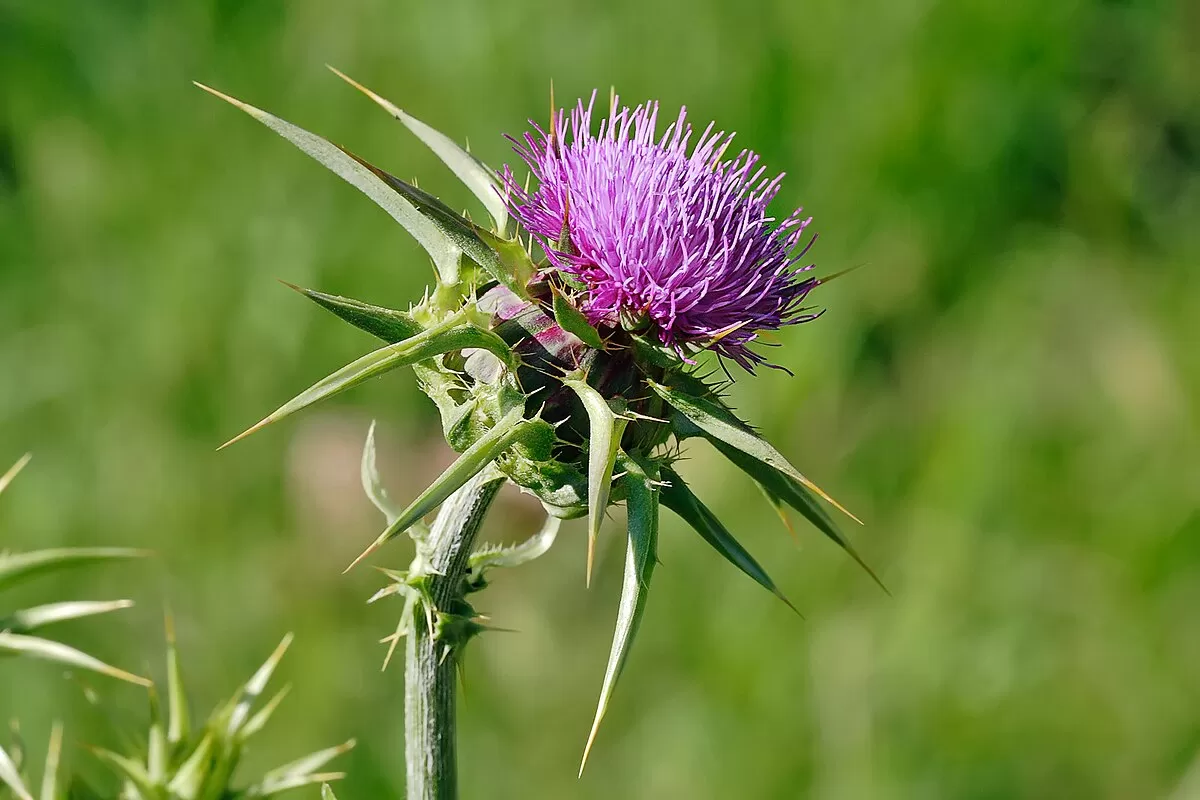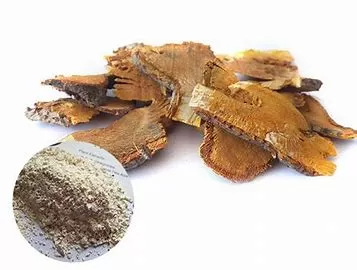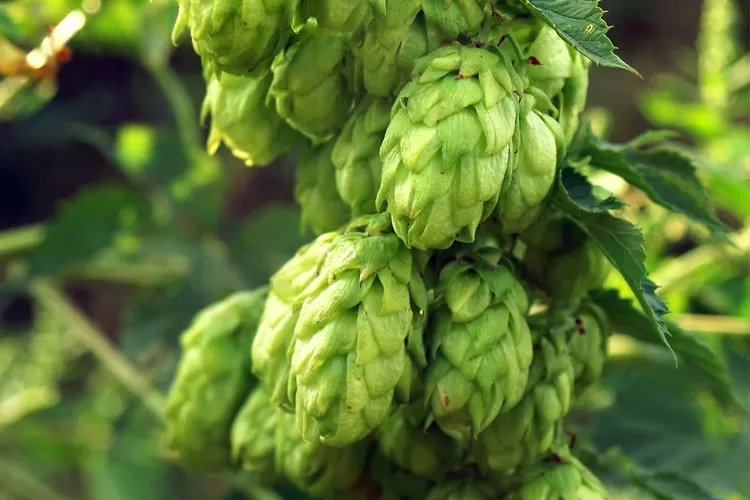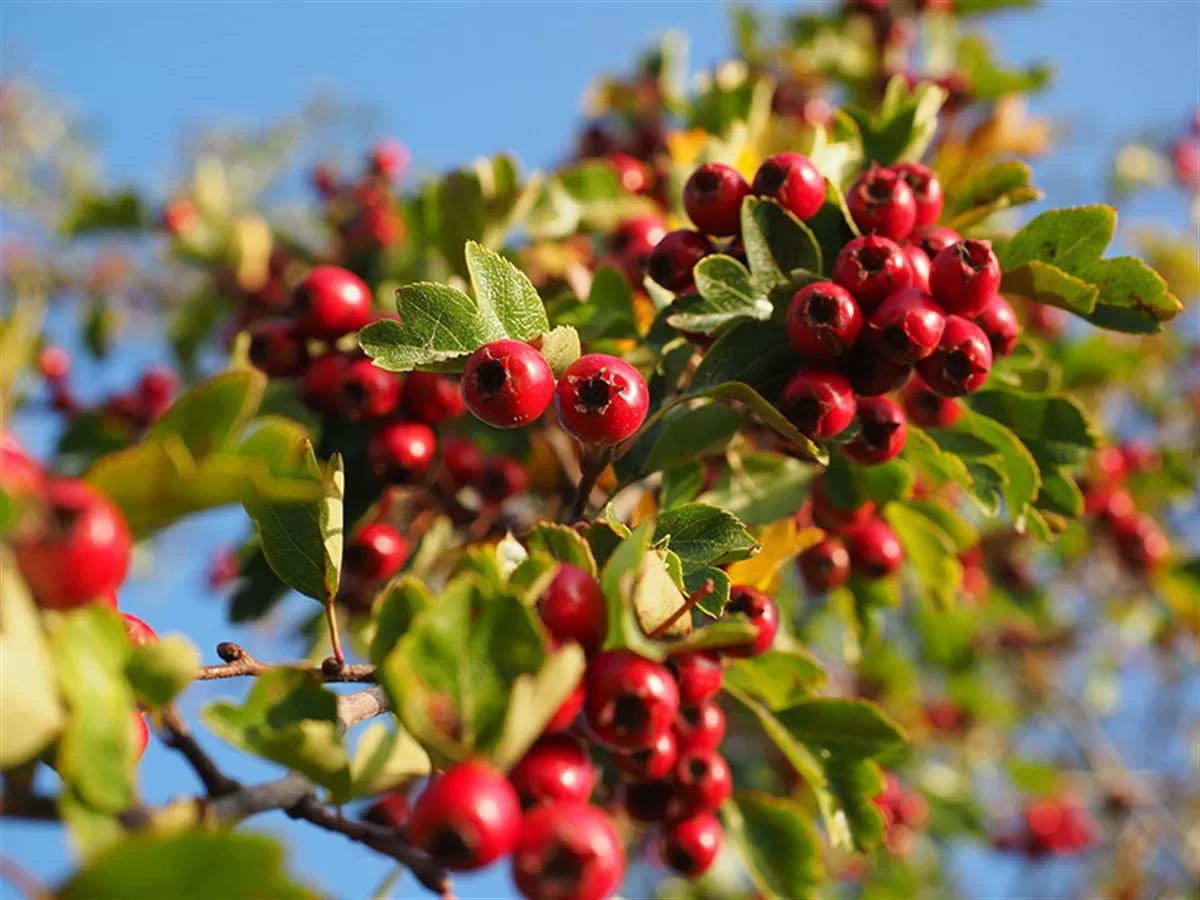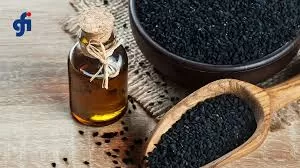- 0086-571-85302990
- sales@greenskybio.com
Passion Fruit: Health Benefits and Enjoy
2025-04-18
While wandering the bustling aisles of your local grocery store, you might have bypassed the peculiar, wrinkled orbs known as passion fruit. Despite their unassuming façade, these tropical fruits conceal a wealth of health benefits that could enhance your approach to nutrition. Recent research has spotlighted their potential for heart health, oxidative stress reduction, and gut health improvement. As more people turn to natural remedies for chronic conditions, passion fruit becomes an attractive option. Here, we explore the transformative benefits of passion fruit and why it deserves a spot in your daily diet.
The Heart-Healthy Power of Passion Fruit Seeds
Not just edible, passion fruit seeds are central to the fruit’s health-promoting properties. These tiny seeds are packed with polyphenolic compounds such as piceatannol and scirpusin B, known for relaxing blood vessels and supporting healthy blood pressure levels. Research from Hirosaki University, published in the Journal of Agricultural and Food Chemistry, underscores these compounds' ability to mimic conventional medications without adverse side effects. Scirpusin B, in particular, exhibits significant vasorelaxant effects, offering potential cardiovascular disease prevention.
Antioxidant Protection Against Cellular Damage
Oxidative stress from free radicals is a key contributor to chronic diseases and premature aging. Passion fruit seeds deliver natural defense against such damage, boasting a rich antioxidant content. A study in Food Chemistry reveals that these seeds provide substantial antioxidant protection, heightened when the fruit is consumed as a whole. This means the components of the fruit work together, increasing the bioavailability of these antioxidants.
Gut Health Benefits That Might Surprise You
Often underrated, the gut health benefits of passion fruit are noteworthy. The fruit’s seeds contain insoluble fiber, approximately 64.1 grams per 100 grams, which enhances intestinal enzyme activity and reduces harmful colon compounds. Researchers Chau, Huang, and Chang reported that these effects contribute to a healthier gut environment, potentially lowering colon disease risks and promoting regularity.
Magnesium Content and Nutritional Value
In a world dominated by processed foods, passion fruit stands out as a source of essential nutrients, offering around 29 mg of magnesium per 100 g serving. While not the richest magnesium source, passion fruit seeds add valuable nutrient content, supporting numerous biochemical reactions in the body.
Nature’s Detoxification System
Consumed with its pulp, passion fruit seeds act as a natural detox, with insoluble fiber aiding in toxin removal. This offers a nutrient-rich alternative to processed foods, exemplifying the benefits of whole foods over convenience-driven options.
Simple Ways to Enjoy Passion Fruit Daily
Incorporating passion fruit into your diet is easy and enjoyable. Here are some quick tips:
Add the seed-filled pulp to smoothies for a tropical infusion.
Mix it into yogurt for a nutritious breakfast.
Use it in salad dressings for a sweet-tart flavor enhancement.
Blend it into frozen desserts for a healthful treat.
Enjoy it on its own as a nutritious snack.
Passion fruit is far more than a tropical treat; it is a nutritional powerhouse poised to enhance your health. From supporting heart function to combating oxidative stress, improving gut health, and providing essential nutrients, this fruit offers a range of benefits. As we continue to explore natural health and wellness avenues, passion fruit stands out as a valuable ally for enhancing gut, heart, and brain health.
-
Hops: All You Need to Know
2025-04-18
-
Hawthorn: What You Need to Know
2025-04-18






